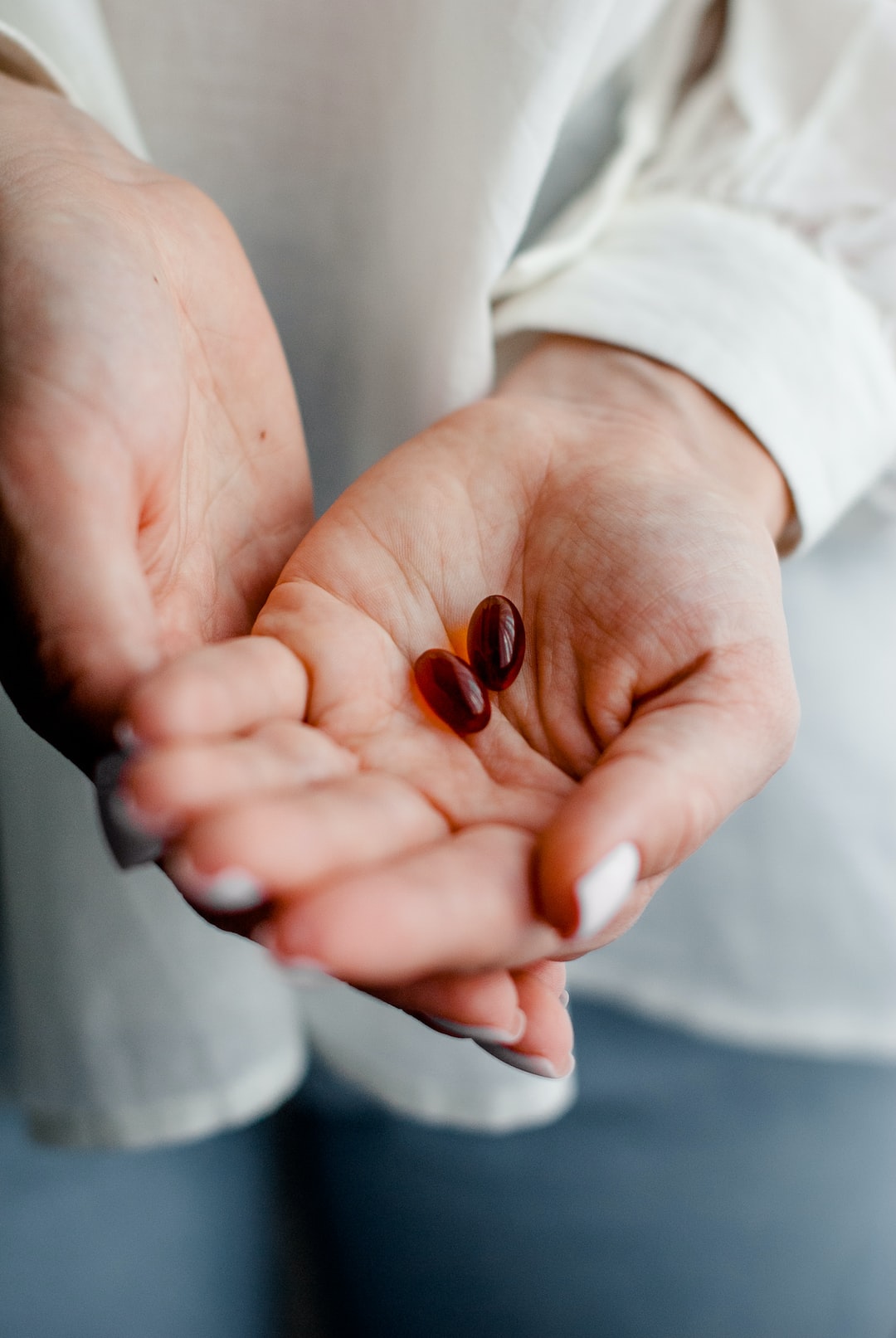High blood pressure, or hypertension, is a common health condition that affects many people worldwide. It can lead to a range of serious complications, including heart disease, stroke, and kidney problems.
Lowering your blood pressure is critical in maintaining your overall health and reducing your risk of developing life-threatening conditions. While medication may be necessary in some cases, lifestyle changes can also help manage hypertension naturally.
Here are some effective ways you can lower your blood pressure naturally:
1. Reduce Salt Intake
One of the simplest ways to lower your blood pressure is to reduce your salt intake. Salt contains sodium, which can increase blood pressure levels. The recommended daily intake of salt is around 2,300 milligrams per day. However, many people consume much more than this amount. Cutting back on salt consumption can help reduce high blood pressure, and opting for low-sodium alternatives can be helpful.
2. Increase Physical Activity
Regular exercise is an effective way to lower blood pressure. Physical activity strengthens the heart and improves blood flow, resulting in lower blood pressure levels. Moderate aerobic exercise, such as brisk walking, cycling, or swimming, for at least 30 minutes a day, can help lower blood pressure.
3. Maintain a Healthy Weight
Maintaining a healthy weight can lower blood pressure and significantly reduce the risk of developing hypertension. Obesity or being overweight can cause high blood pressure, as the heart has to work harder to pump blood throughout the body. Losing just a few pounds can make a significant difference in your blood pressure levels.
4. Eat a Healthy Diet
A diet rich in fruits, vegetables, whole grains, and low-fat dairy products can help lower blood pressure. Eating healthier foods can also help lower cholesterol, which can affect blood pressure. A healthy diet should include foods low in sodium, saturated and trans fats, and processed foods.
5. Reduce Alcohol Intake
Alcohol consumption can increase blood pressure levels. Limiting alcohol intake to one or two drinks a day can help reduce blood pressure levels.
6. Manage Stress
Stress can cause a temporary spike in blood pressure levels. However, ongoing stress can lead to chronic hypertension. Learning stress-reducing techniques such as deep breathing, meditation, or yoga can help manage stress levels and lower blood pressure.
7. Stop Smoking
Smoking can increase blood pressure levels and significantly increase the risk of heart disease and stroke. Quitting smoking can help lower blood pressure and improve overall health.
In conclusion, hypertension is a serious health condition that affects many people worldwide. While medication may be necessary, lifestyle changes can also help manage high blood pressure naturally. Simple changes such as reducing salt intake, maintaining a healthy weight, and increasing physical activity can make a significant difference in managing hypertension. It’s essential always to consult with a healthcare provider before starting any new exercise or diet program.

